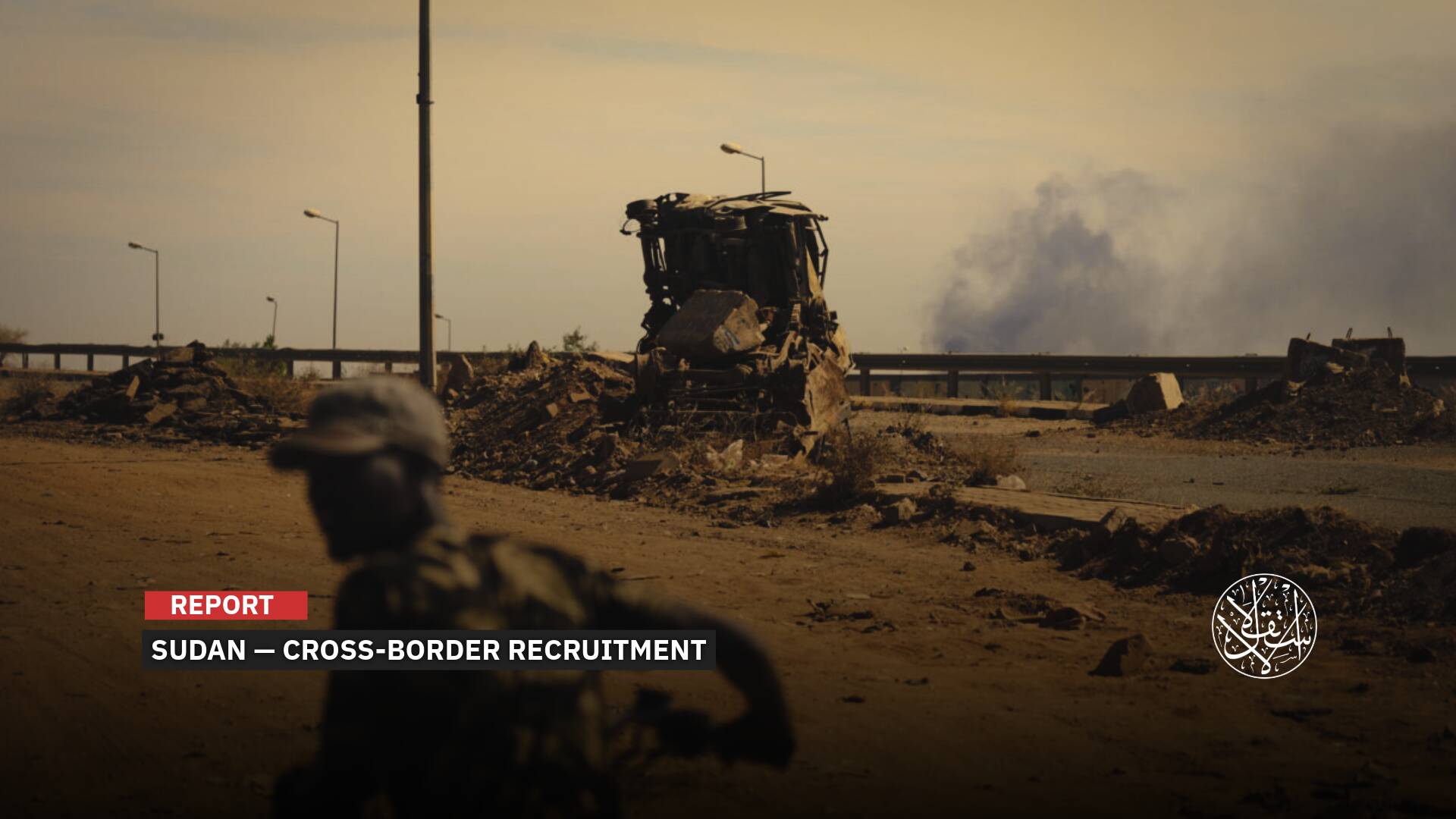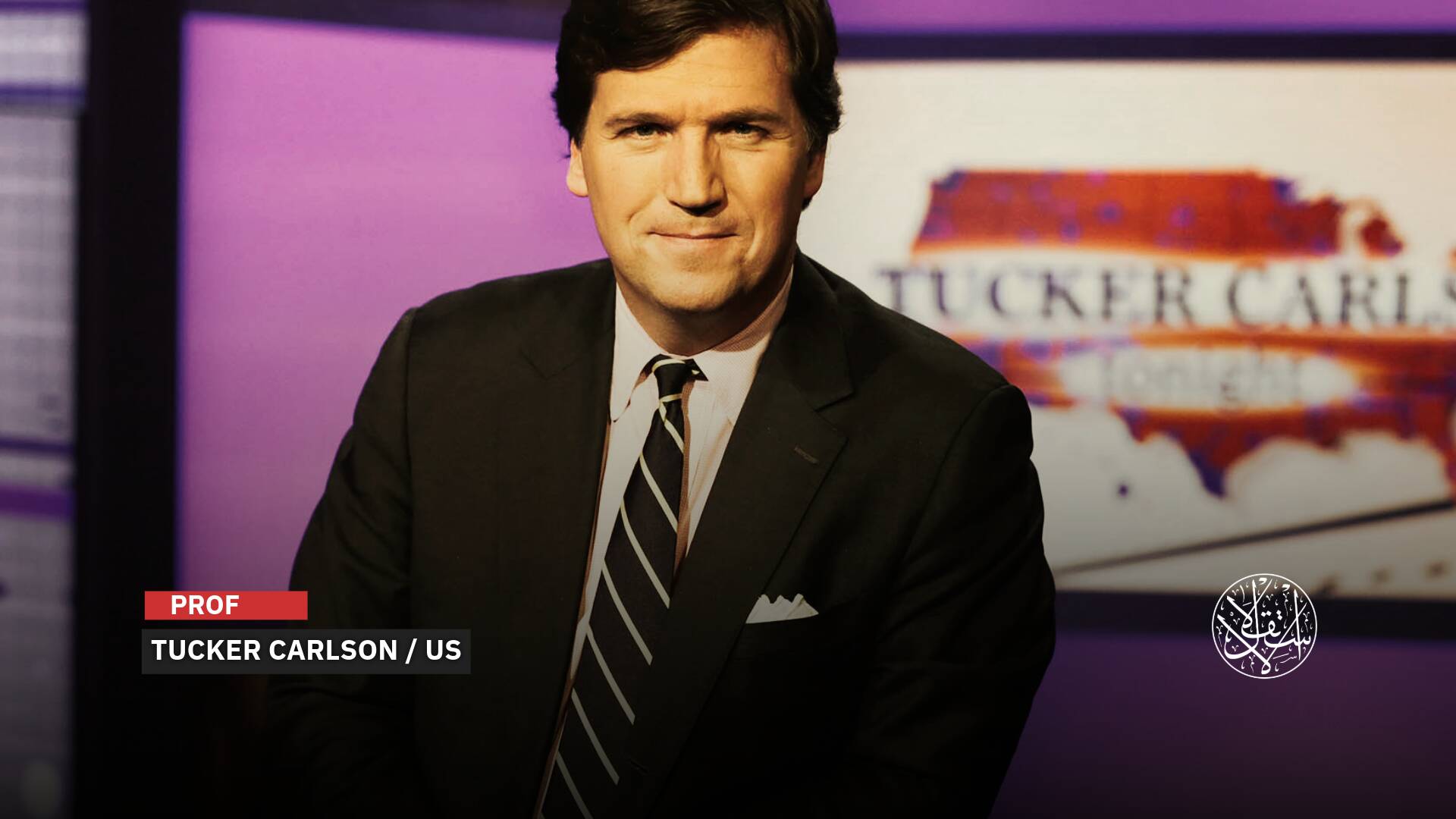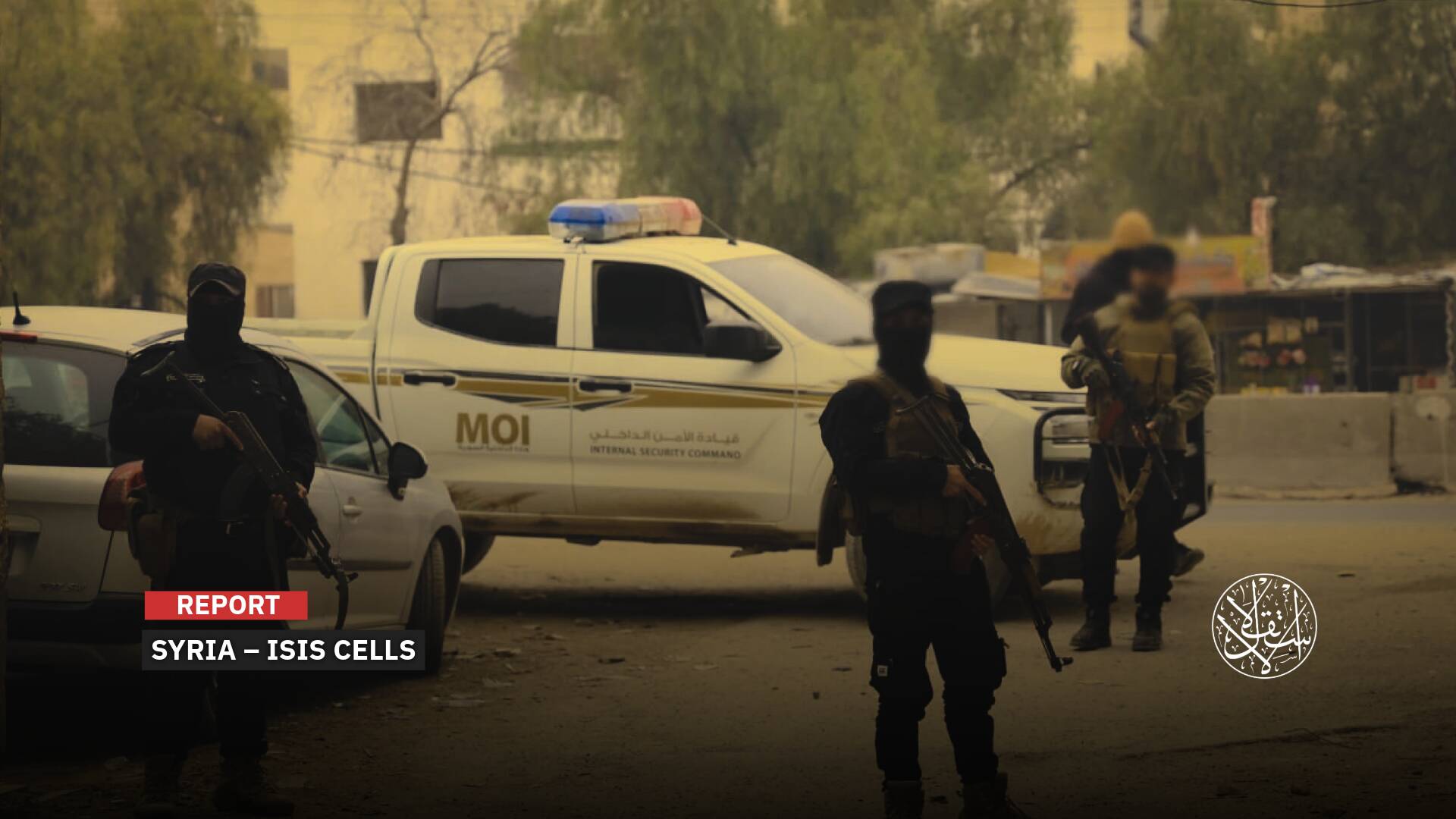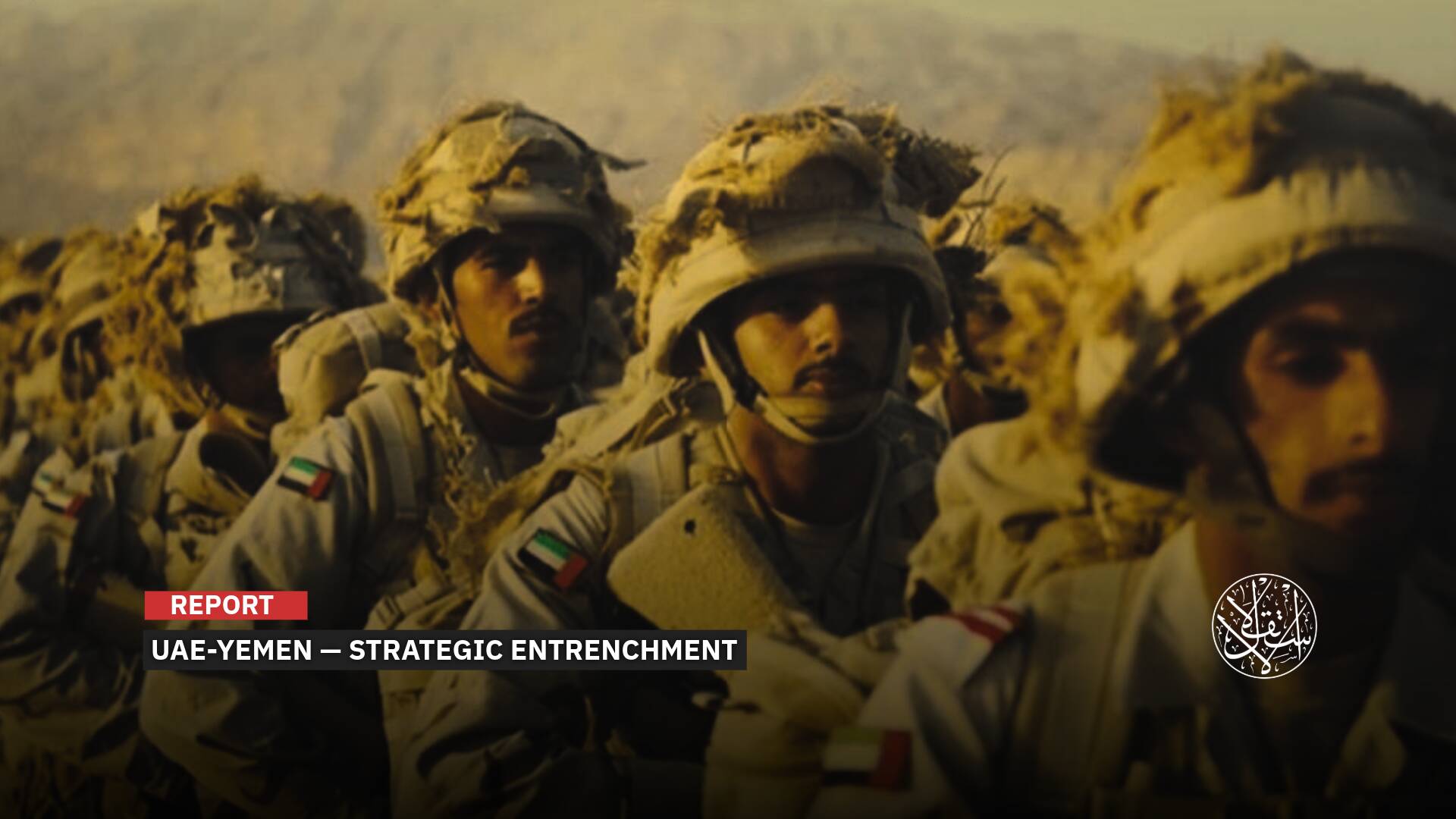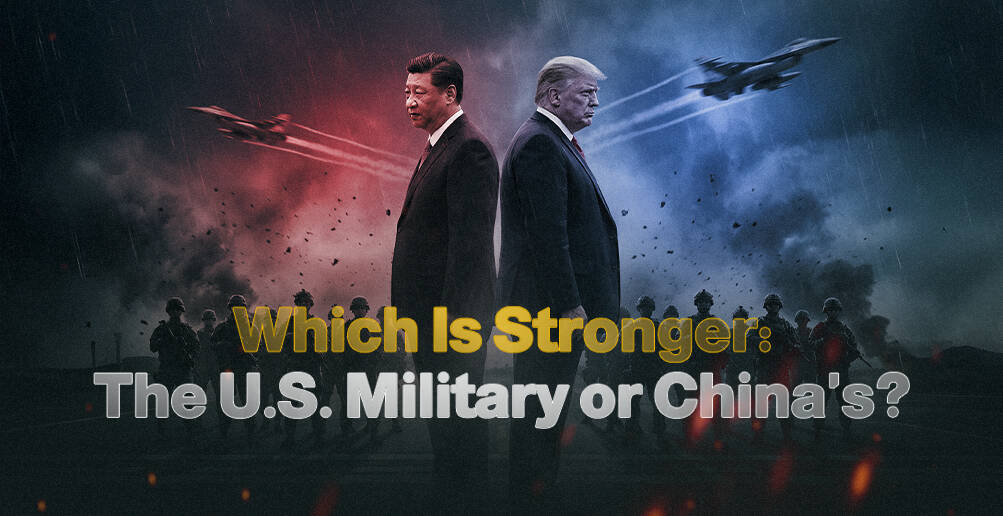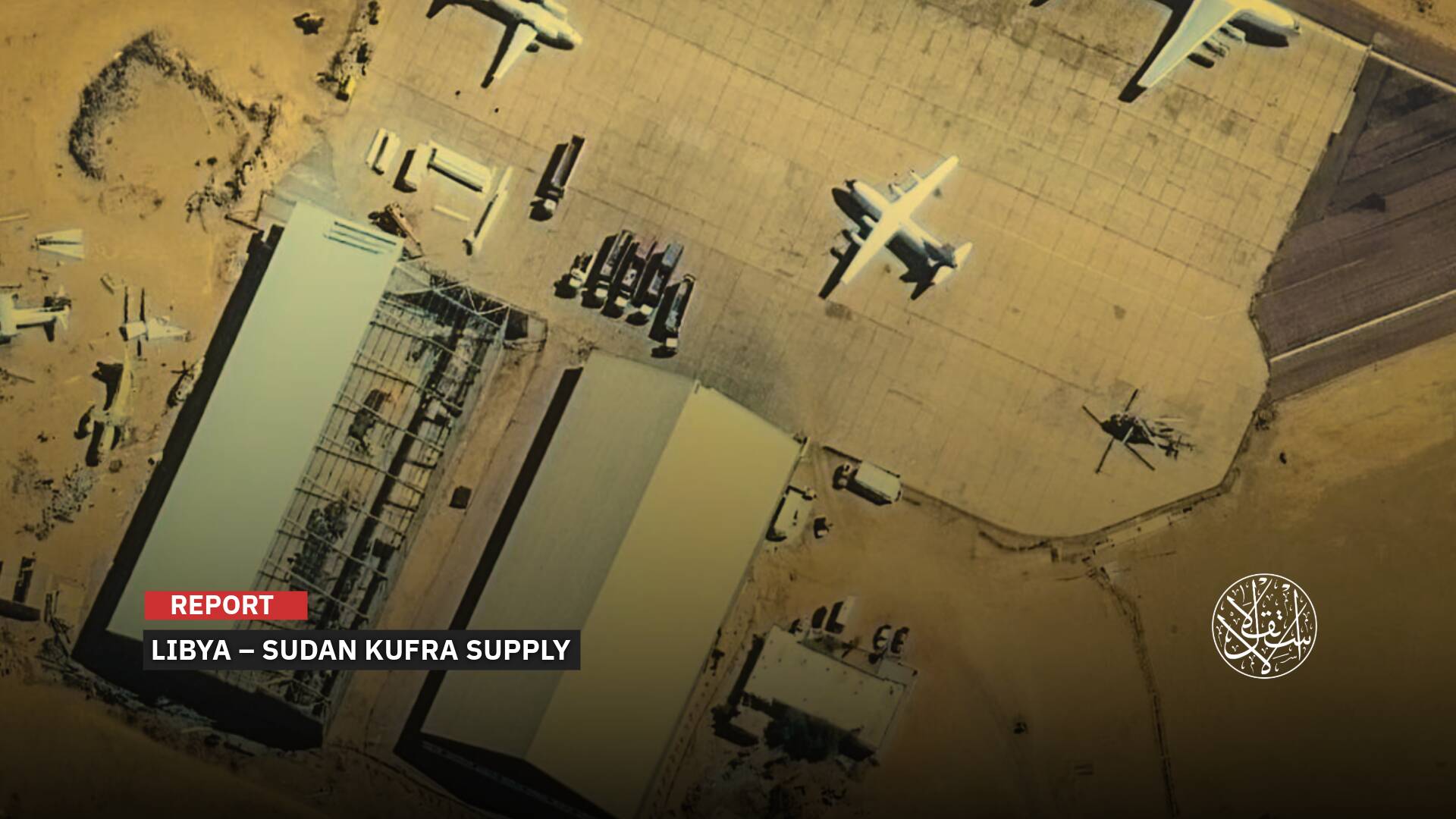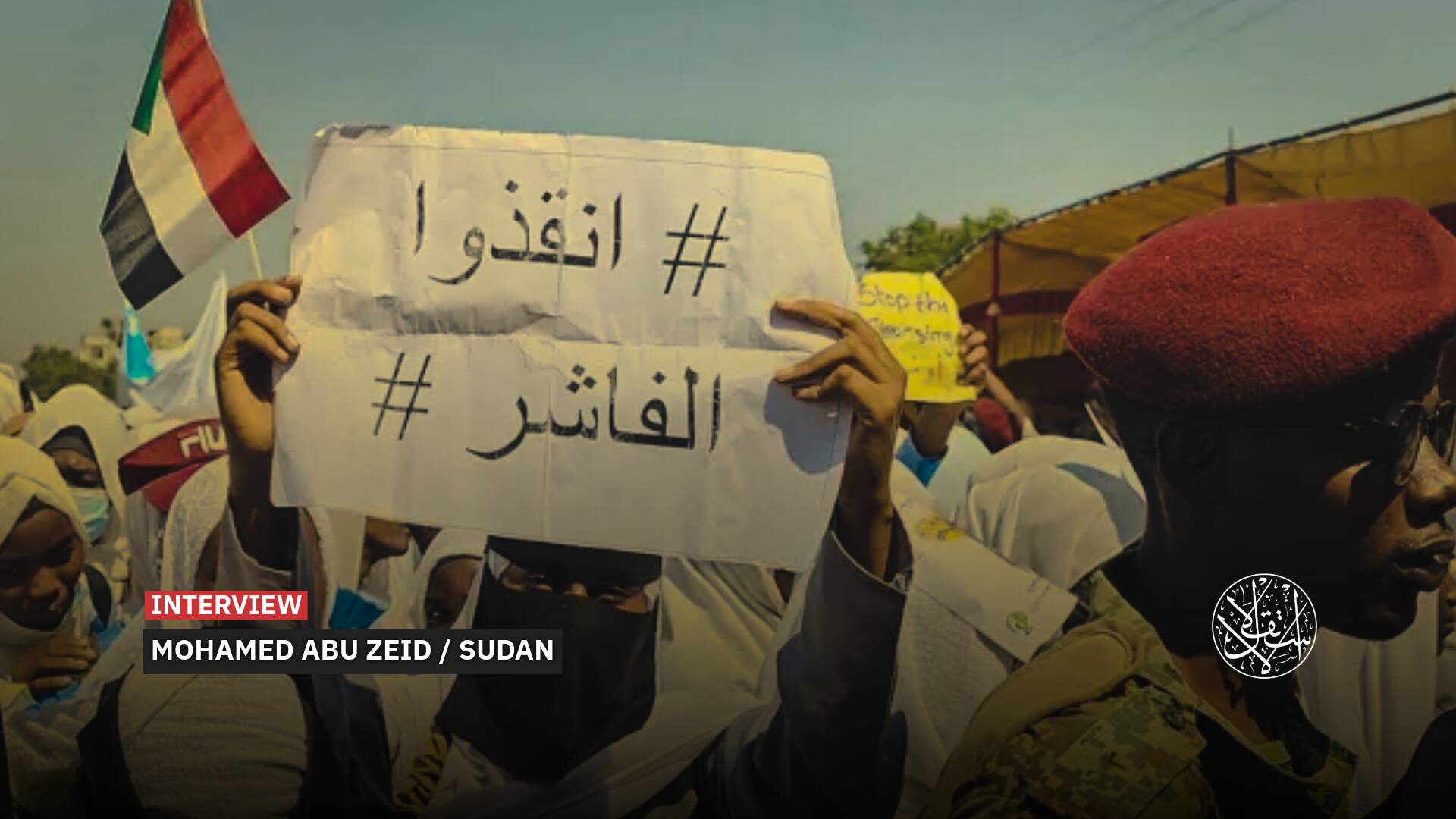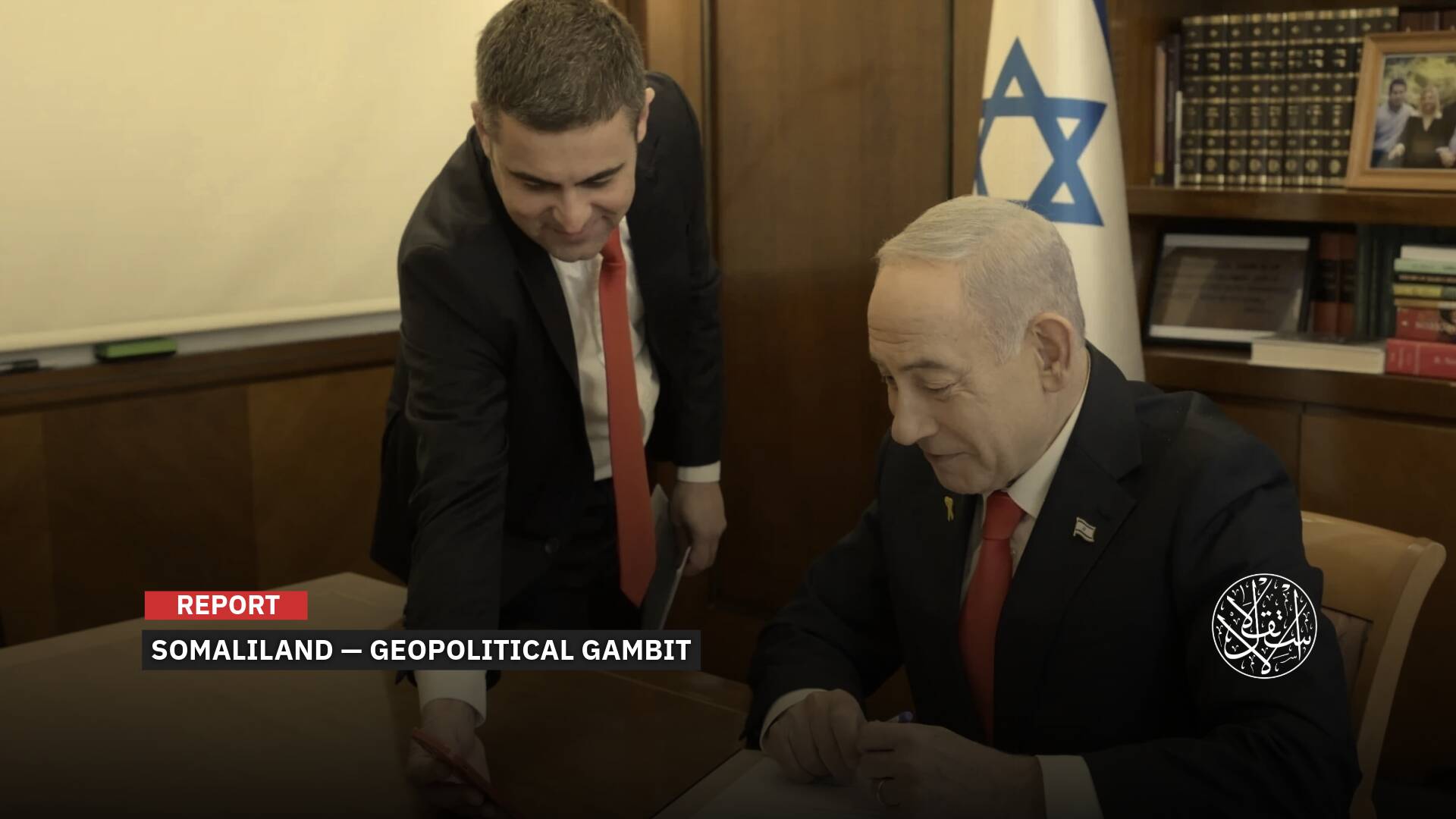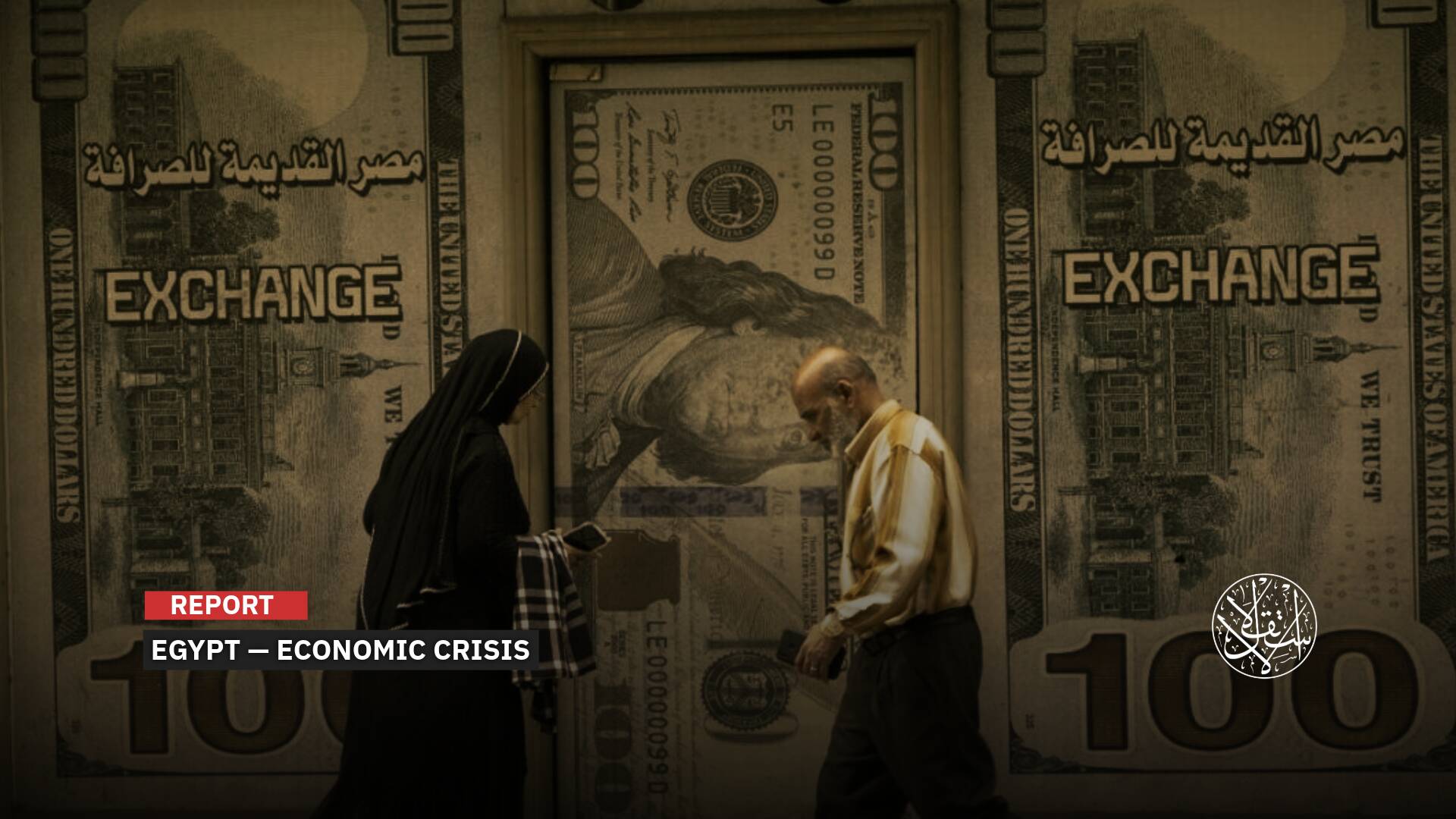Chinese President’s Upcoming Visit to Russia: Effort to End the War or a New Phase of Military Assistance to Moscow?

Chinese President Xi Jinping is preparing to visit Moscow to hold a summit with his Russian counterpart Vladimir Putin within months, according to the American Wall Street Journal.
The newspaper said that Xi’s meeting with Putin will be part of an effort to hold multilateral peace talks and will allow China to repeat its calls for non-use of nuclear weapons.
The newspaper pointed out that Beijing wants to play a more active role in ending the conflict in Ukraine, explaining that the meeting between the Chinese president and his Russian counterpart will give impetus to the multilateral peace talks.
Earlier, Kremlin spokesman Dmitry Peskov said that Russian President Vladimir Putin may meet with the Chairman of the Foreign Affairs Committee of the CPC Central Committee, Wang Yi.
However, recent US warnings to China about providing military assistance to Russia in its war against Ukraine portend a global conflict, according to an analysis by The Washington Post that sheds light on the extent of the crisis in US-Chinese relations.
The Washington Post revealed the US strategy to discourage China from engaging in the Ukraine war after it committed to military neutrality since the start of the invasion.
The US Secretary of State Antony Blinken has stated on several occasions during the past days that China is studying the issue of supplying weapons to Russia.

Washington’s Warnings
US officials told CNN that the United States had recently detected “disturbing” trends indicating that Beijing “wants to creep up to the line of providing lethal military aid to Moscow without getting caught.”
The officials did not elaborate on what US intelligence had found indicating a recent shift in China’s position but said the officials were sufficiently concerned to share this intelligence with allies and partners during the Munich Security Conference.
Officials said Blinken raised the issue when he met his Chinese counterpart, Wang Yi, on February 18, on the sidelines of the conference.
The minister confirmed that he shared these concerns with Wang, but the Chinese Foreign Ministry spokesman, Wang Wenbin, described, on Monday, the US accusations as false information.
He denied that Beijing intends to supply Russia with weapons to support it in its war against Ukraine, accusing Washington of adding fuel to the fire by making such accusations, reiterating the call to support a Chinese proposal to end the war.
On February 24, 2023, the Chinese government announced a 12-item proposal calling for Moscow and Kyiv to resume peace negotiations on the occasion of the one-year anniversary of the start of the Russian attack on Ukraine, warning against the use of nuclear weapons.
Its proposal included, according to what was published by Agence France-Presse, a call to end sanctions against Moscow and open humanitarian corridors for the evacuation of civilians. As for its position on the war, Beijing said it was neutral, accusing the West of provoking and “stirring” the conflict.

China’s Position
The Chinese Foreign Ministry said in a document entitled China’s position on the political settlement of the Ukrainian crisis that all parties should support Russia and Ukraine to move in the same direction and resume direct dialogue between them as soon as possible.
For Beijing, even the mere threat of nuclear weapons is unacceptable. The Chinese Foreign Ministry added in the document, which it published on its website, that Nuclear weapons should not be used, and nuclear wars should not be fought. The world should stand against the threat of atomic weapons or resort to them. The document also called for avoiding any attack on civilians or civilian facilities.
Noting that parties to the conflict must strictly abide by international humanitarian law and avoid attacking civilians or civilian facilities.
The Ukrainian crisis put Beijing in an awkward position, as China, a close ally of Russia, did not support or publicly criticize the Russian invasion of Ukraine, but it repeatedly expressed its support for Moscow in the face of Western sanctions and stressed the need to take into account Russian security concerns, and in return called several times for respect for the territorial integrity of Ukraine.
The United States said this week that China intends to supply Russia with weapons to support its attack in Ukraine, a charge that Beijing quickly denied, while Chinese Foreign Minister Qin Gang declared that his country was extremely concerned about the conflict in Ukraine that was escalating, even getting out of control.
Meanwhile, the Secretary of the Russian Security Council, Nikolai Patrushev, said on February 21 that the path towards developing a strategic partnership with China is an unconditional priority in Russia’s foreign policy.
He also added that the whole West is working against Russia and China, as well as against developing countries, and in this regard, deepening Russian-Chinese coordination is of particular importance, according to the Russian Sputnik agency.

Pressure on Russia
This comes at a time when the United Nations General Assembly overwhelmingly agreed to isolate Russia. On the first anniversary of the start of Moscow’s invasion of Ukraine, it called for a “comprehensive, just and lasting peace,” and the United Nations again called on Russia to withdraw its forces and stop fighting.
A day after China’s foreign minister visited Moscow and pledged to deepen their partnership, Beijing abstained from the vote, the fourth time it has abstained from participating in such a vote since Russia’s invasion of Ukraine on February 24 last year.
While the United Nations General Assembly adopted the resolution by 141 votes in favor, with 32 abstentions. Six countries joined Russia in opposing the decision, according to Reuters. Major powers such as India and South Africa abstained from voting in a similar vote in the past, while Russia’s allies opposed the resolution.
The BBC said that the vote of the General Assembly in the United Nations has no binding force, but it is considered an important measure of international public opinion. This is the 11th emergency session of the United Nations General Assembly on Ukraine.


